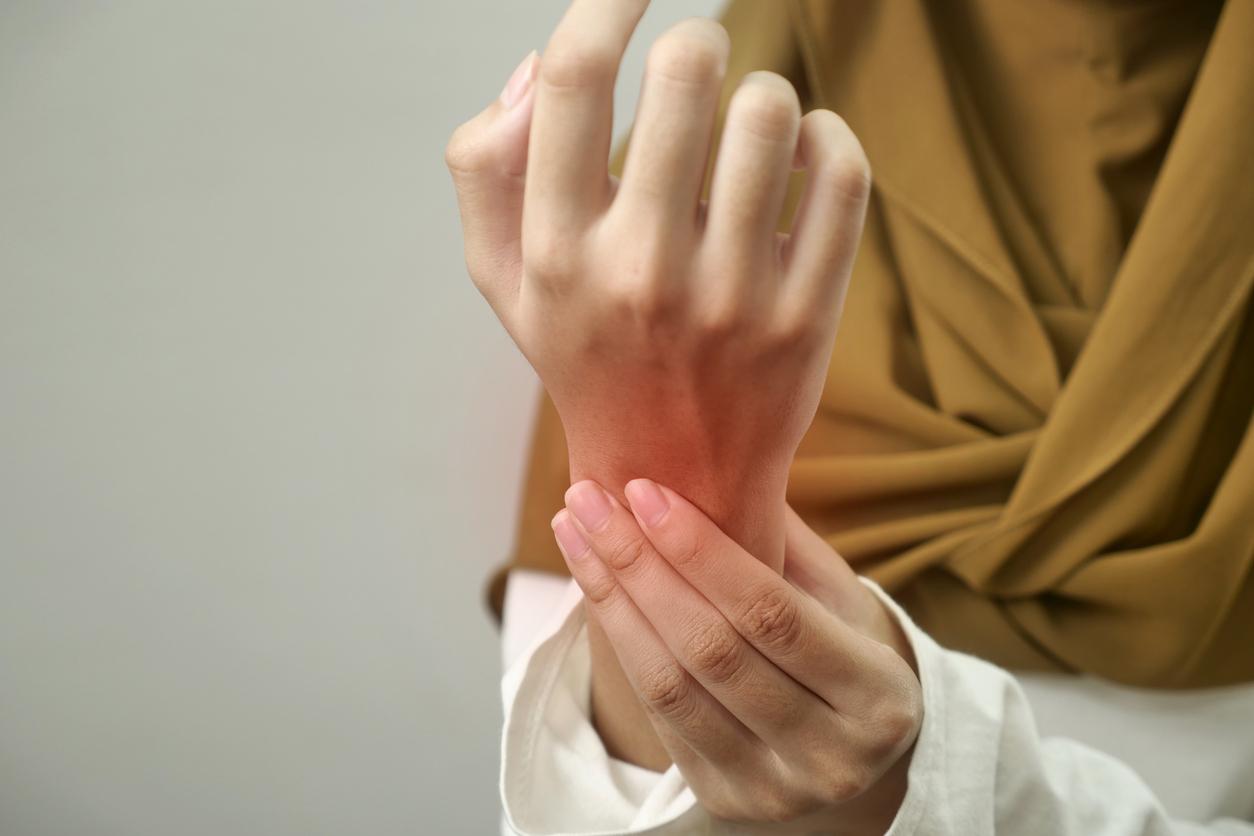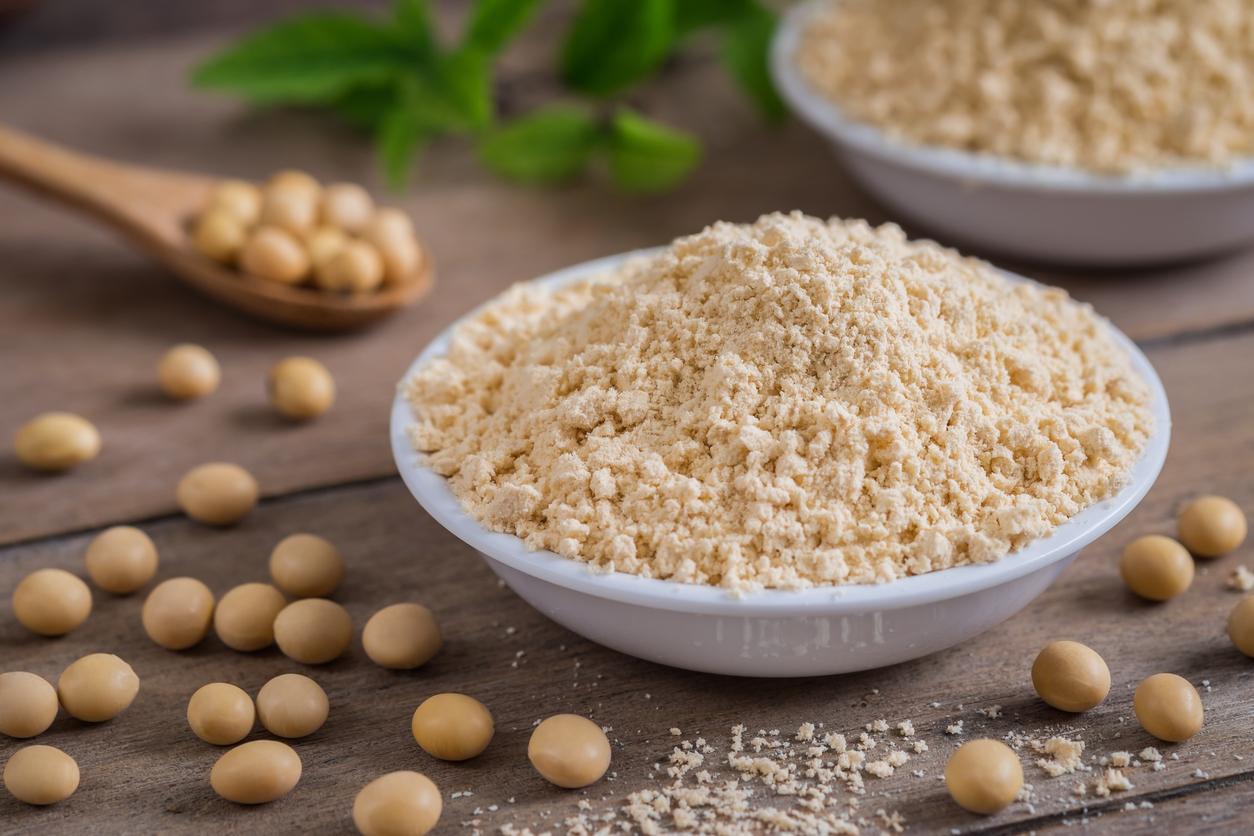April 22, 2009 – Marine algae may increase soybean’s positive effect on menopause symptoms, according to preliminary US clinical trial1.
According to the results of a study of 15 postmenopausal women, the effects of soy on hormone regulation were most marked when participants consumed wakame seaweed (commonly eaten in Japan). Through blood tests and urine tests, researchers observed that algae helped improve the metabolism of soybean phytoestrogens (isoflavones).
For seven weeks, the effects of a daily intake of 5 g of wakame seaweed, in capsule form, were compared to those of a placebo. During the seventh week, participants also consumed soy protein extract (approximately 100 g of soy extract per day). After a three week washout period, the protocol was resumed by inverting the groups.
|
Wakame seaweed |
Beneficial fibers?
The soluble fibers that wakame closes could explain the synergistic effect observed, say the researchers. They believe that the algae act on the intestinal flora, which would have the effect of increasing the regulatory action of soy on the hormonal system.
According to gynecologist Sylvie Dodin2, these results open up an interesting avenue of research: “It could be that the metabolism of phytoestrogens is partly dependent on food. This could lead to better knowledge of the effects of all the foods we consume and give healthcare professionals better tools to advise their patients on an adequate diet ”. However, she points out that, for the moment, these are theoretical studies that require further clinical trials.
It should be noted that soy proteins and isoflavones have aroused a great deal of interest in the treatment of menopausal symptoms due to their slight estrogenic effect and the adverse effects of synthetic hormones. Numerous trials have been published, but gave conflicting results, making the data difficult to interpret. For more information, see our Soy Proteins and Isoflavones fact sheet.
Pierre Lefrançois – PasseportSanté.net
1. Teas J, Hurley TG, Hebert JR, et al. Dietary seaweed modifies estrogen and phytoestrogen metabolism in healthy postmenopausal women.J Nutr. 2009 May; 139 (5): 939-44.
2. The DD Sylvie Dodin holds the Chair in Integrated Health Approach at Laval University. She is also an associate professor in the Department of Obstetrics and Gynecology at Laval University, and a clinical researcher at the Saint-François-d’Assise Hospital Research Center of the Center hospitalier universitaire de Québec.















